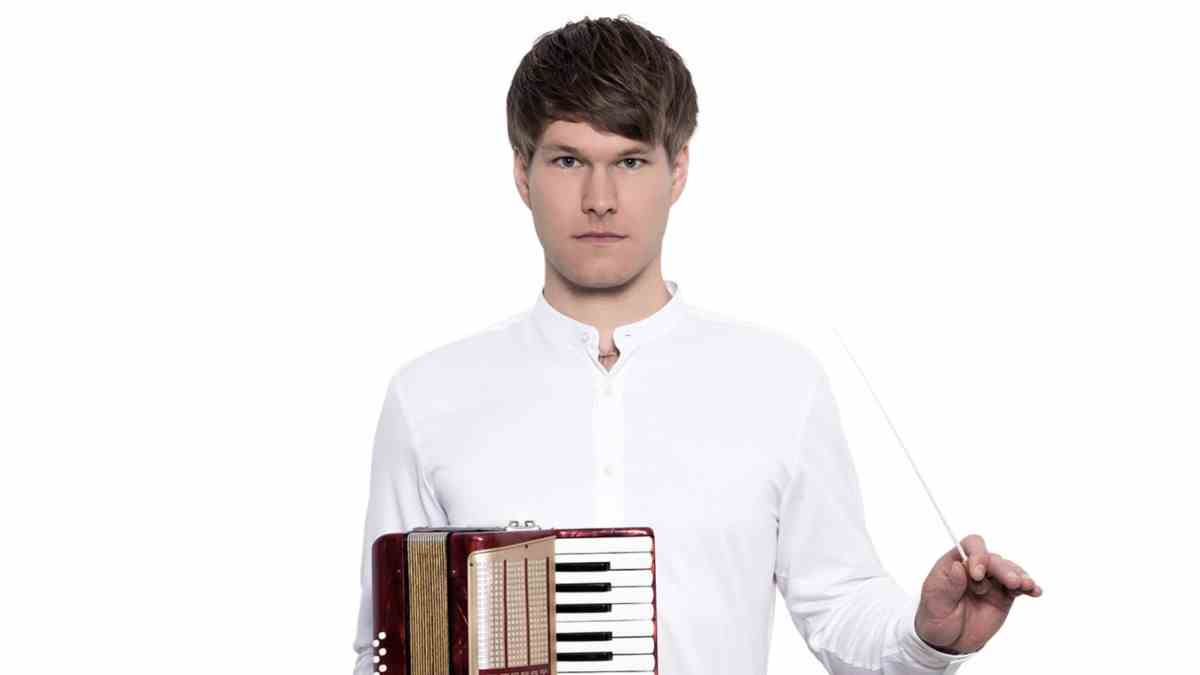Andreas Begert fulfills a dream. The composer, songwriter and music teacher who grew up in Erding and lives in Dorfen has composed a “Bavarian Oratorio” that will be premiered in a week’s time on Sunday in the Herkulessaal of the Munich Residenz. The orchestra is played by the Munich Symphony Orchestra, the Heinrich-Schütz-Ensemble Vornbach sings as a choir, the soprano Marie-Sophie Pollak and the bass-baritone Andreas Burkhart sing the solo parts. Conductor of the world premiere is Begert’s brother Markus Bauer.
The performance of such a large work, in which more than 120 musicians take part, was financed by the 30-year-old through a crowdfunding campaign. “Dreams can only become reality if you stop dreaming and start doing,” he is quoted as saying in a press release. The donors supported him with a total of 17,500 euros and made his dream a reality. “I have been rewarded.”
Bergert’s oratorio is a sacred composition in 16 movements that interweaves classical music with Bavarian folk music in a special way. Begert himself describes his oratorio as a work “which moves stylistically between film music, elements of pop music, classical music and Bavarian folk music”. His source of inspiration for the text was the famous Easter Oratorio by Johann Sebastian Bach. Begert overcast parts of the text into Bavarian. “The Bavarian dialect is particularly close to my heart,” emphasizes the composer, “because my whole family comes from Bavaria and I myself love the Bavarian tradition more than anything.” Above all, the performance of his work should be “a very special experience for music lovers who come from Bavaria and feel connected to this tradition.”
“Bavarian fanfare sounds in pop harmonies, rousing and celebrating”
Begert’s oratorio begins with the crucifixion of Jesus and ends with a song of praise after Christ’s resurrection. While the first half is exciting, partly dissonant and sad, the second half sounds more and more in Bavarian major harmony, which should make the joy of the resurrection tangible. It starts off serious and epic, followed by soft strings, a minor double, a Bavarian march with wind instruments and a section with quiet a cappella parts. After fanfare sounds, it becomes symphonically massive, but also Bavarian cheerful. A polka leads to great rejoicing, which is followed by a happy double, which introduces the powerful final piece: “Bavarian fanfare sounds in pop harmonies, rousing and celebrating,” as the announcement says.
Bavarian oratorio, Sunday, May 29th, 8 p.m., Herkulessaal, Residenz Munich, pre-sale www. muenchenticket.de.

